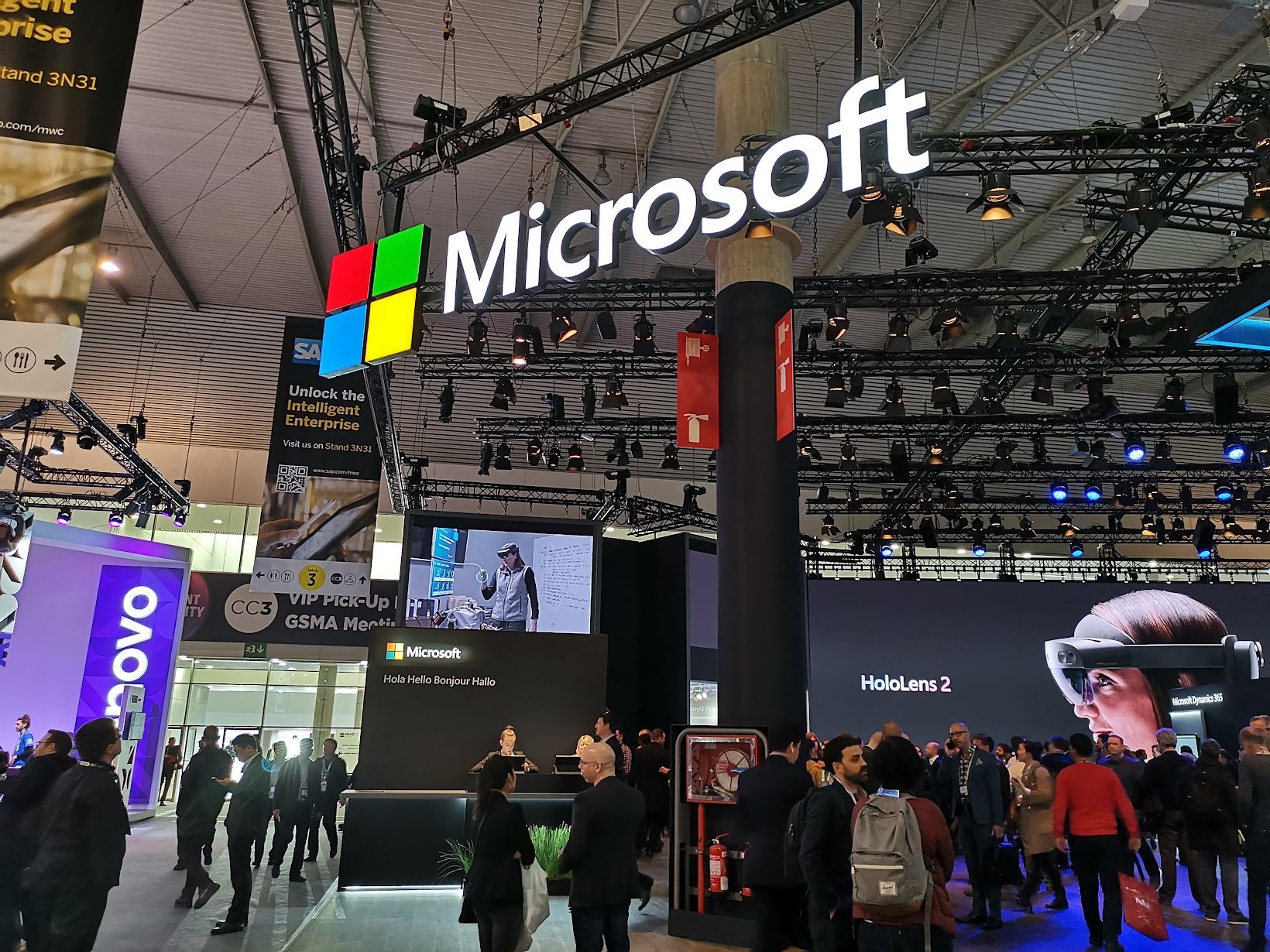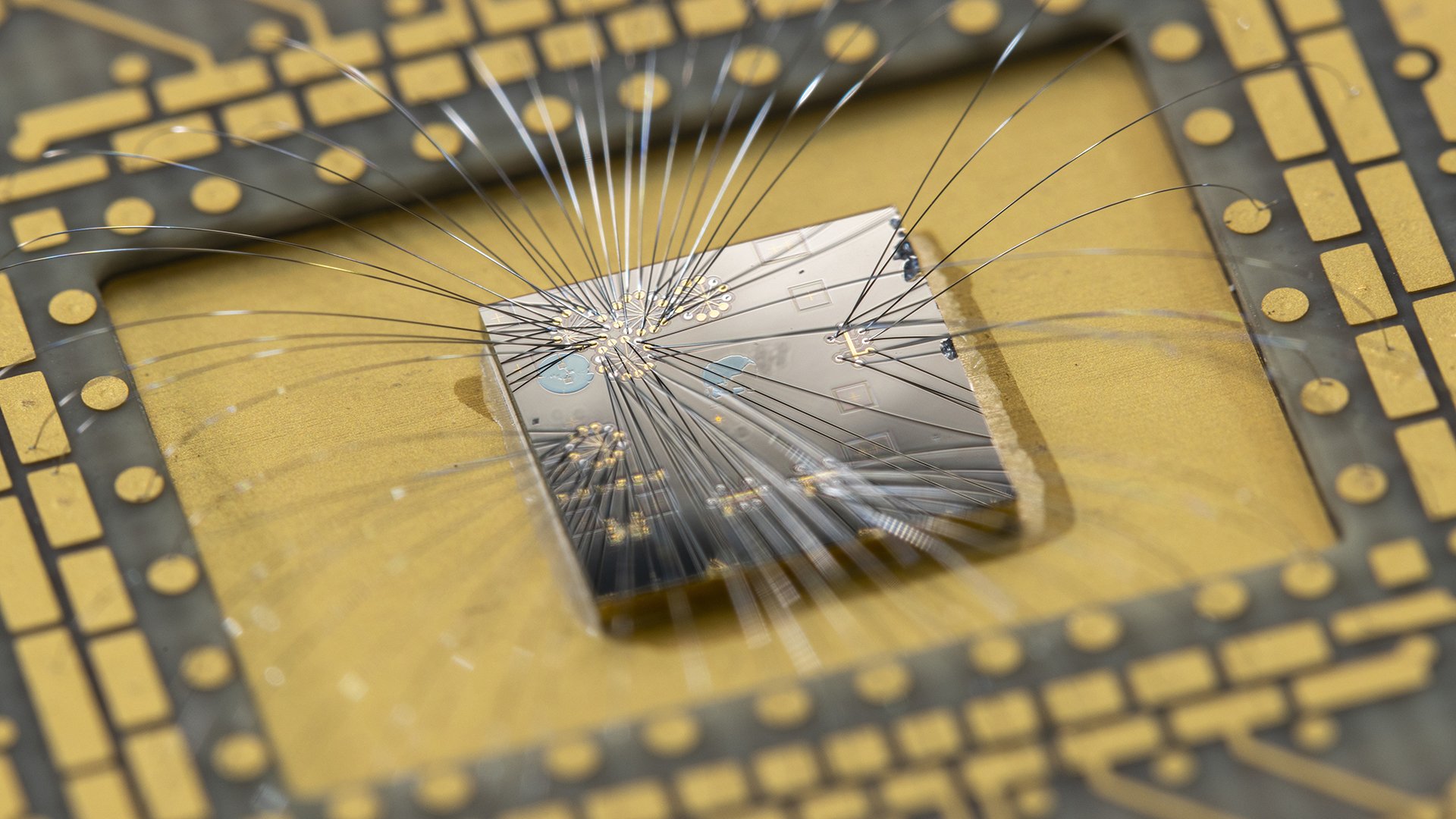Microsoft Azure takes major step toward scalable quantum computing
Microsoft's Azure Quantum program has created a device that demonstrates a physics theory that is decades old.

All the latest news, reviews, and guides for Windows and Xbox diehards.
You are now subscribed
Your newsletter sign-up was successful

What you need to know
- Microsoft has taken a key step toward creating a topological qubit.
- Topological qubits are essential to Microsoft's approach to scale quantum computing to a new level.
- Quantum computing can be used to help solve complex math problems that are needed for solutions to real-world topics including sustainable energy, food production, and environmental care.
Microsoft is working toward creating a new era of quantum computing. The company's efforts revolve around creating millions of qubits that can work together. Newly developed devices by Microsoft's Azure Quantum program can create quantum properties that help demonstrate the validity of physics that has been theorized for decades.
Microsoft's news post, and the topic of quantum computing in general, is highly technical. The main takeaway is that Microsoft has brought scientists one step closer to creating a topological quantum bit, also known as a qubit for short. The unique type of qubit forms the foundation of Microsoft's approach to making quantum computers that can scale more than existing systems.
Microsoft Distinguished Engineer Krysta Svore said that the latest breakthrough could pave the way for computing on a new level.
"What's amazing is humans have been able to engineer a system to demonstrate one of the most exotic pieces of physics in the universe," said Svore. "And we expect to capitalize on this to do the almost unthinkable — to push towards a fault-tolerant quantum machine that will enable computation on an entirely new level that's closer to the way nature operates."
"It's never been done before, and until now it was never certain that it could be done," she continued. "And now it's like yes, here's this ultimate validation that we're on the right path."
While the latest news from Microsoft is considered a large step, scalable quantum computing is still far off.
"There's no fundamental obstacle to producing a topological qubit anymore," said Microsoft General Manager for Fabrication Lauri Sainiemi. "This definitely doesn't mean that we're done — we still have tons of work to do. But the fundamental part has been demonstrated, and now we're on more of an engineering path and that's what we'll continue to pursue."
All the latest news, reviews, and guides for Windows and Xbox diehards.

Sean Endicott is a news writer and apps editor for Windows Central with 11+ years of experience. A Nottingham Trent journalism graduate, Sean has covered the industry’s arc from the Lumia era to the launch of Windows 11 and generative AI. Having started at Thrifter, he uses his expertise in price tracking to help readers find genuine hardware value.
Beyond tech news, Sean is a UK sports media pioneer. In 2017, he became one of the first to stream via smartphone and is an expert in AP Capture systems. A tech-forward coach, he was named 2024 BAFA Youth Coach of the Year. He is focused on using technology—from AI to Clipchamp—to gain a practical edge.

